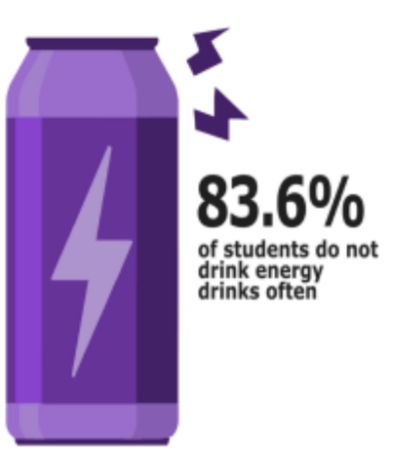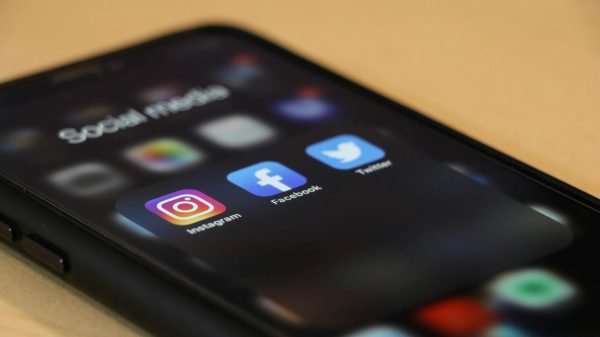New Year’s resolutions don’t work
Making a New Year’s resolution is popular, but usually doesn’t last very long.
January 8, 2017
When New Year’s Eve arrives and people start making resolutions, most aim for a long-term goal. We tell ourselves this year we’ll kick a bad habit, get more organized or improve our health. Then, the end of January rolls around. By then, we are back where we started, and sometimes we even regress on our resolutions.
Sound familiar? Resolutions typically follow an “all-or-nothing” pattern. These goals set unrealistic expectations that shatter at the first sign of difficulty, and often lead to failure. According to the Forbes article “A Psychologist’s Secrets To Making New Year’s Resolutions Stick” by Kevin Kruse, “Research suggests that approximately half of all Americans make New Year’s resolutions, yet only 8% actually achieve them.”
This decline in the percentage of people who fulfill their resolutions is attributed to many factors, including overly-ambitious goals and being derailed by miniscule failures. Kait Kucy, an online author and blogger, explains how to set more reachable goals.
“If you say you resolve to stop eating chips for the entire year of 2017, it is pretty unlikely that you will actually hold yourself to that resolution. However, if your goal is to eat healthier five out of seven days of the week, it suddenly sounds a lot more attainable and less restricting on yourself,” Kucy said.
“New Year’s Eve Goal Setting”, written by Kucy on Vivint, a smart home service providing website, also recommends making goals for New Year’s rather than resolutions, as resolutions are rarely achieved. It suggests breaking goals into immediate, short-term and long-term goals, so they are reached more easily.
When resolutions prove too ambitious, we struggle in striving toward our goal, feel discouraged when success is not immediate, and decide to give up. As a result, only 58.4 percent of people who make resolutions last a month, according to Statistic Brain. So instead of focusing on improving ourselves on a start date, I propose improving ourselves all year round.
By setting a start date for our goal, our brains assume we have an end date, when we actually want to improve our life indefinitely. So, instead of a New Year’s Resolution this year, make a New Year’s goal.
People can always control of who they want to be, and achieve that, no matter their place in life. You don’t need a New Year’s Resolution to resolve to be a better you.















